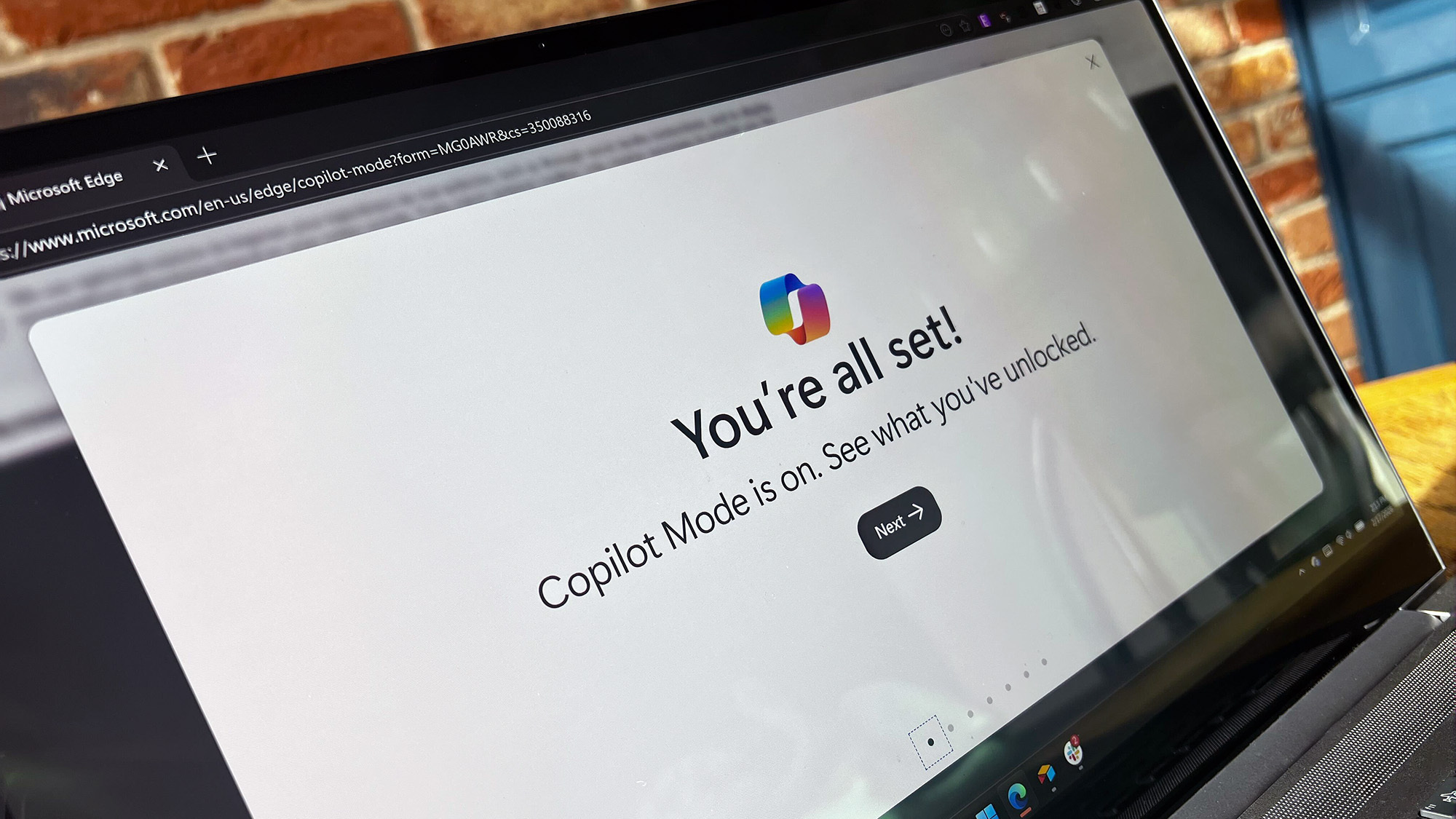Microsoft wants to teach Cortana to 'do' (not just 'know') more
Microsoft is sending Cortana to school.
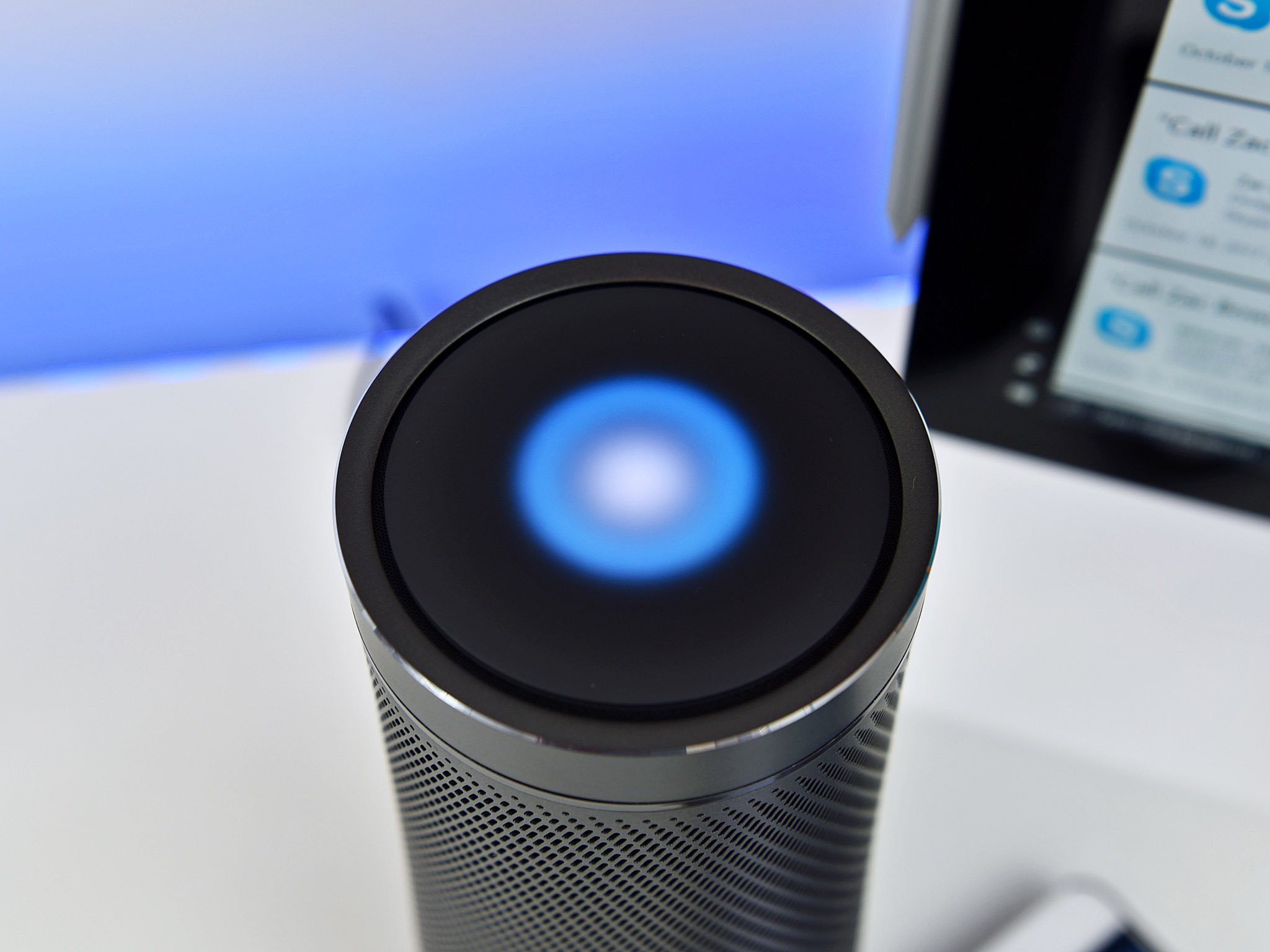
All the latest news, reviews, and guides for Windows and Xbox diehards.
You are now subscribed
Your newsletter sign-up was successful
The Cortana Intelligence Institute is a collaboration between Microsoft Research, Cortana Research and RMIT University in Australia, focused on developing Cortana's next-generation capabilities.
Microsoft's approach with Cortana has always been different than what Google and Apple are doing with their digital assistants, Assistant (previously Google Now) and Siri, respectively. Cortana was intentionally patterned after real-world personal assistants, notebook and all.
The premise is that Cortana would, like real assistants, get to know a user better over time and subsequently be able to proactively serve that user. She also provides time-, and people-based reminders. For example, if a user needed to be reminded of something in relation to another individual, an interaction such as a phone call or email from that person would trigger the reminder. . Location-based reminders are another example of this type of personal support.
Cortana's (and other assistant's) ability to tie into a device's GPS and recognize interactions with specific people are examples of context-aware features the Cortana Intelligence Institute will build upon for next-generation capabilities.
Related:
- Cortana is far from dead as Microsoft plans to make an 'Intelligent OS' with Windows 10
- Why Microsoft needs to unify the many faces of Cortana
Assistant and Siri tell what they know
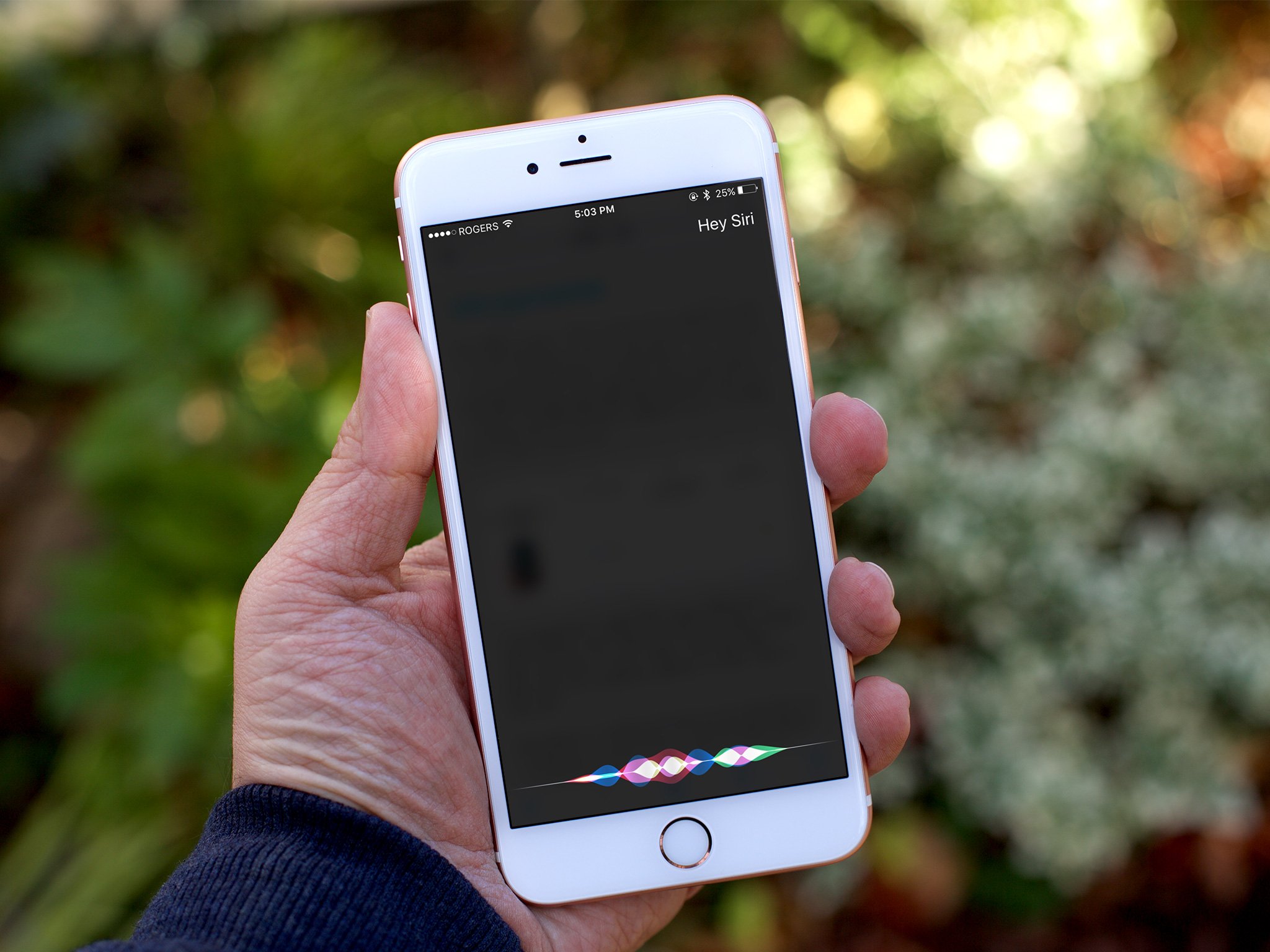
This current generation of digital assistants, with all its promise, is in the embryonic stage of AI and ambient computing. As such, Alexa, Siri and even Assistant are glorified voice assistants with a mere touch of AI. Their current strength is providing information.
Google touts Assistant as a user's personal Google, and the company's mission is to "organize the world's information and to make it universally accessible and useful." As the world's leading search engine, upon which Assistant is based, information provision is Assistant's forte. Alexa's position via Amazon Echo is similar. It does, however, wade a little deeper into "doing" with its ties into Amazon's shopping experience and the breadth of Alexa Skills extending its abilities via third-party developers.
Ties into smart home appliances also make these assistants useful at performing certain tasks on command. Still, their abilities to perceive and directly support a user's specific activities is something that remains in the realm of science fiction. Microsoft's goal is that the Cortana Intelligence Institute's work will make that vision a reality.
All the latest news, reviews, and guides for Windows and Xbox diehards.
Cortana will do more
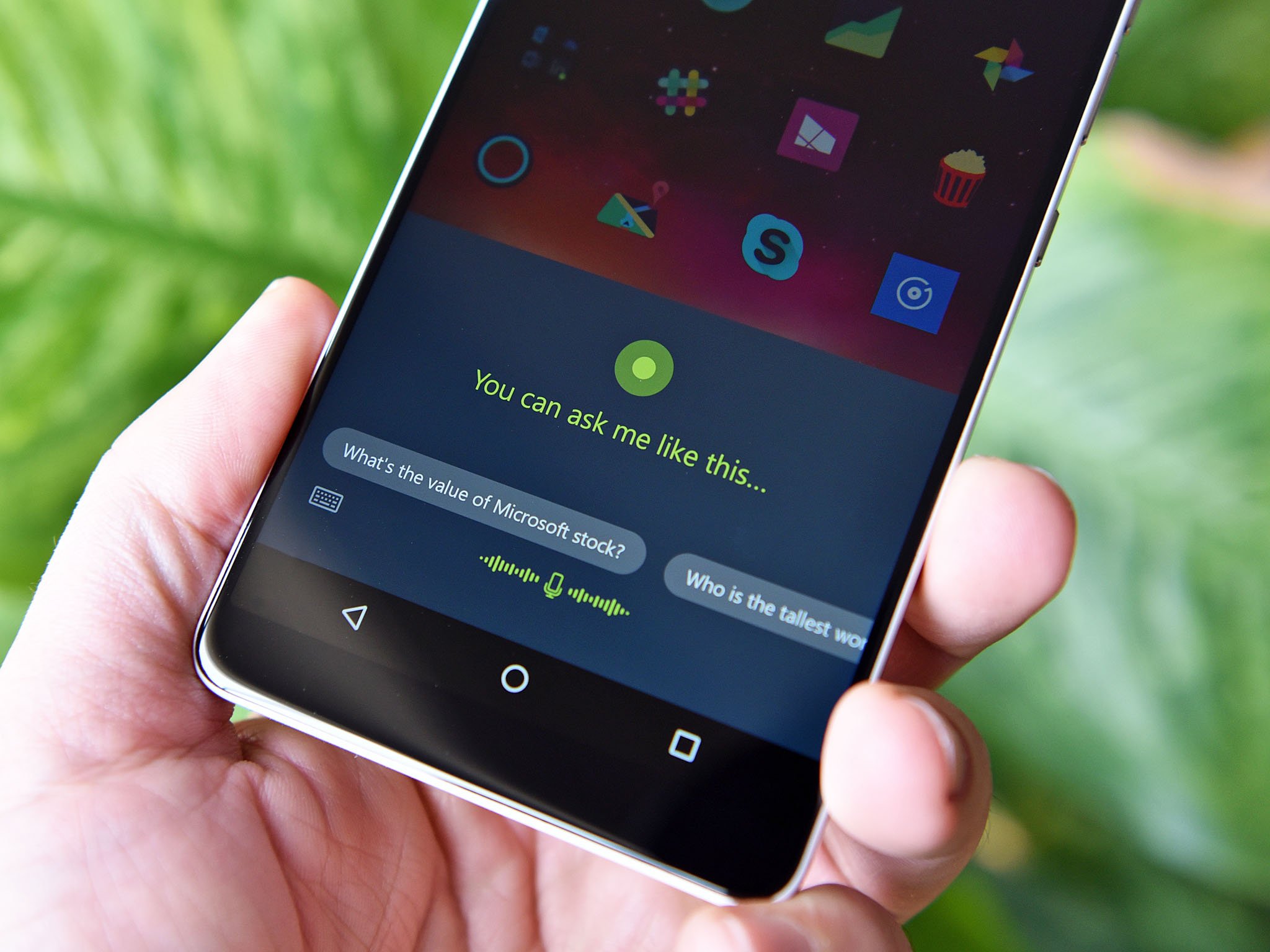
"Bing and do," was Microsoft's tagline for its search engine during the product's early days. It was positioned intentionally as a decision engine rather than a search engine emphasizing the product's goal to help users "do" things rather than just provide information. This positioning could have been, in part, Microsoft's marketing strategy to avoid head-to-head comparisons with Google due to its much weaker search prowess.
It could also have been a reflection of the company's fundamental mission through its products and services to help individuals and businesses "do more." It is this foundation that coincides with the Cortana Intelligence Institute's goal to expand Cortana's context awareness and enable her to directly assist users with completing tasks rather than just providing information. From Microsoft:
In the future, Cortana may assist with chores from cooking to calendar management, which involve multiple steps, contextual awareness and a rich dialogue with users. …Their focus is largely around using context to better understand the tasks that people.
This goal to help users "do" differs greatly from Google's vision to help users "know."
Microsoft's digital "do more" assistant vision
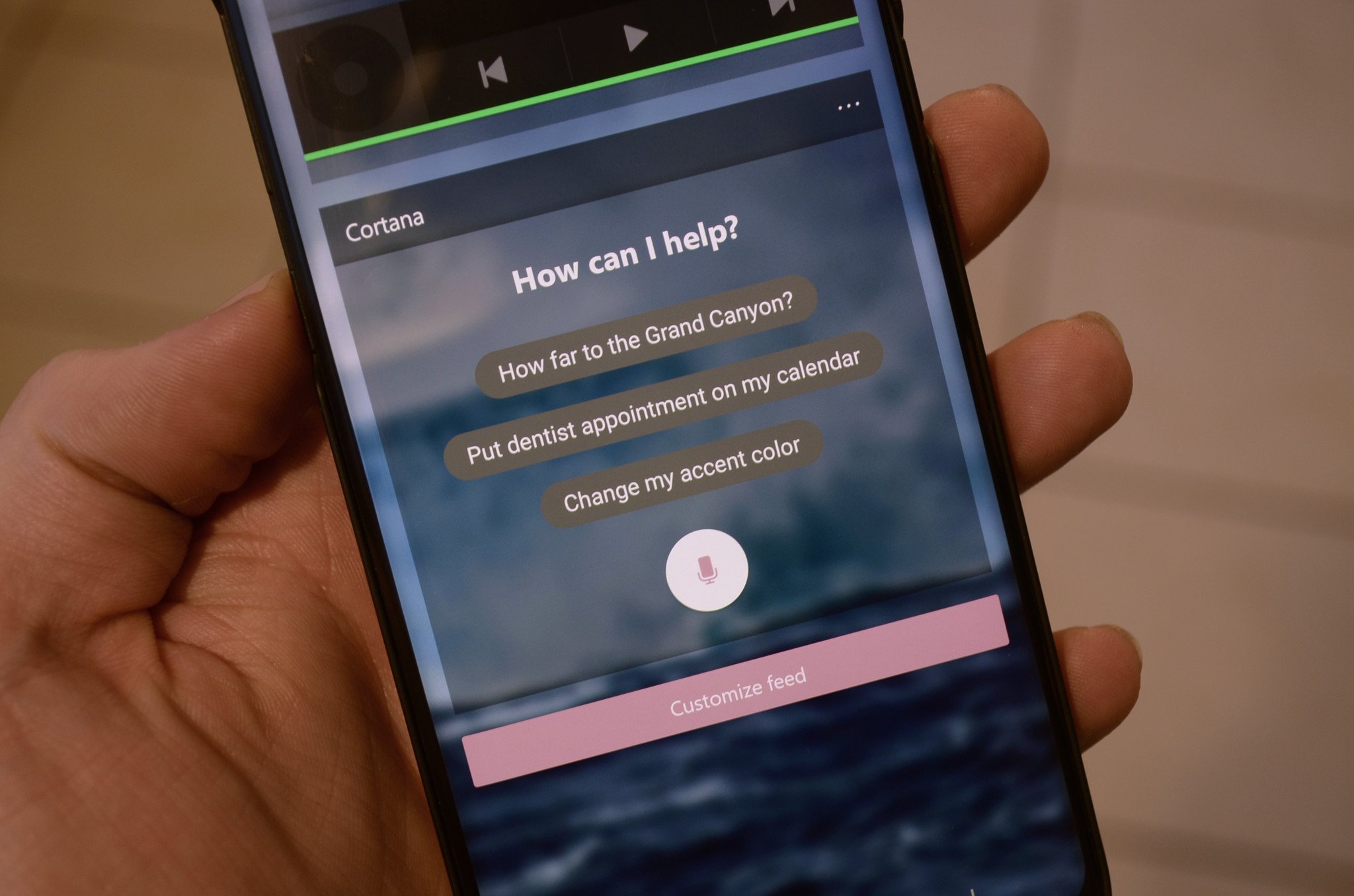
Microsoft's AI vision is a cloud-based intelligent cross-platform agent that knows a user across work and life. Her integration with Office 365, Microsoft Graph, Windows and her presence on iOS and Android give the personal digital assistant the ability to know users quite well. Microsoft's goal is to make this seamless assistant capable of perceiving and supporting a user's needs no matter what device he is using. If Microsoft can ultimately realize its personal digital assistant goals with an assistant that can help users do more from any device it may have an edge over competitors.
Microsoft's great at research but weak with doing.
Of course, Cortana is behind its competitors in both mindshare and market presence. The lack of a smartphone platform and a weak smart speaker presence in comparison to Alexa, Assistant and Siri make Cortana, even with her Windows 10 presence, a virtual unknown in the consumer space.
Microsoft is excellent with cutting-edge research and development. The implementation of those ideas into a marketable product, however, has proven to be its shortcoming over the years.

Jason L Ward is a Former Columnist at Windows Central. He provided a unique big picture analysis of the complex world of Microsoft. Jason takes the small clues and gives you an insightful big picture perspective through storytelling that you won't find *anywhere* else. Seriously, this dude thinks outside the box. Follow him on Twitter at @JLTechWord. He's doing the "write" thing!
